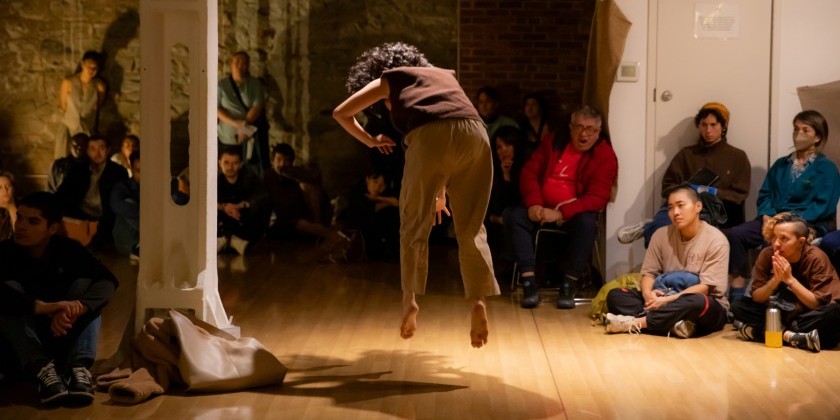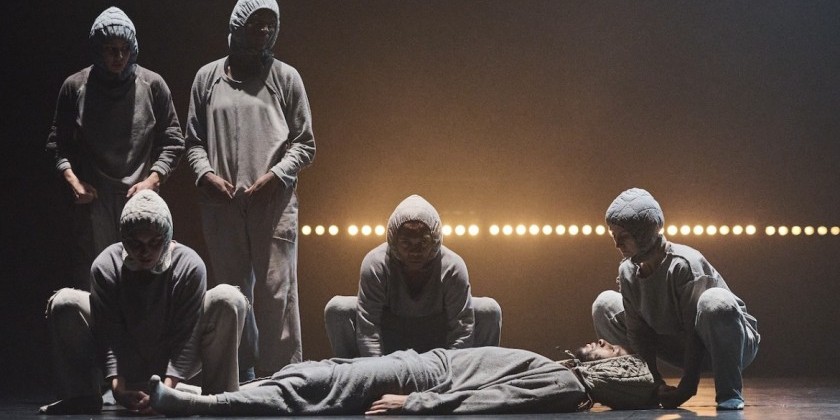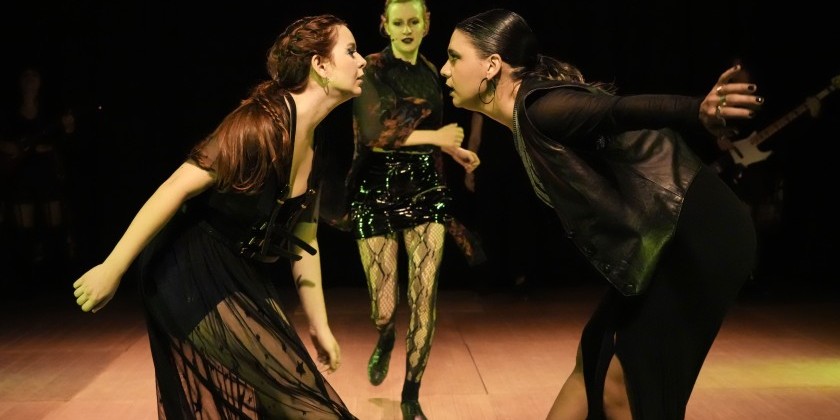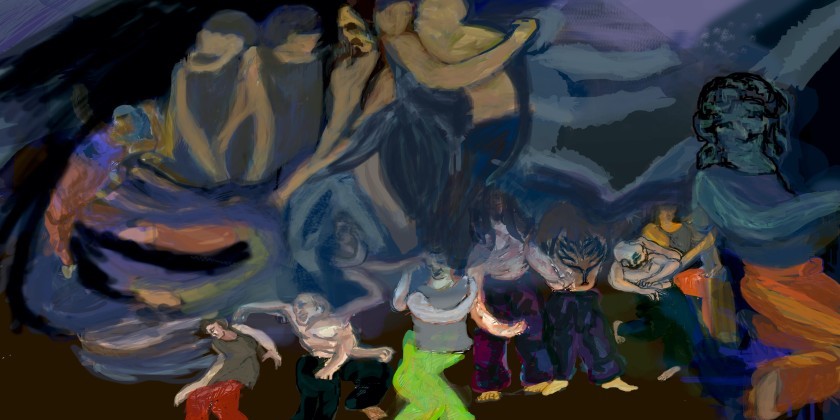AUDIENCE REVIEW: All Ah We is One Family

Company:
New Traditions Festival 2016: Dance Your Caribbean
Performance Date:
June 12, 2016
Freeform Review:
Calypsonian Lorde Nelson’s song “One Family” plays in my head as I reflect on the New Traditions Festival 2016: Dance Your Caribbean performance that I attended on Sunday, June 12, 2016 at Gelsey Kirkland Arts Center in Brooklyn, NY. This performance serves as the culminating celebration to a series of events and master classes held within the Dance Caribbean Collective’s numerous happenings. One of the primary advents was the Diaspora Dance Series which featured dancers and dances from all over the African Diaspora (Trinidad, Haiti, Jamaica, Bahamas, Brazil, and Cuba). I was grateful that Trinidad and Tobago native Candace Thompson, the founder and brain child of this powerful project and her team blessed us by showing a video capturing all the events leading up to this performance. I was moved literally and physically—my body responded to the pulsations of the music while mirroring the movements that were familiar. My soul smiled at the love, passion, and energy that emanated from the dancers who participated in the classes. After this video presentation, I was more than ready to explore the story of each artist.
Maxine Montilus, Candace Thompson, and KasheDance performed on the Sunday night bill. Montilus’ solo piece “Boutiliers” illustrated her father’s journey to the United States from Haiti and the struggles that he encountered. The deeply reflective, spiritual, and ritualistic work delved into both the Christian and Vodoun religions providing a wonderful balance of struggle and redemption through spirituality, motion, and chant. Thompson’s work “Neath the Mas,” performed as a trio provided an au courant perspective on “carnival practices and their underlying roots in rebellion.” Visually and aurally stimulating, one was drawn into the struggles, taming, and frenzy that these efficacious female Caribbean bodies articulated. KasheDance brought it home with “Facing Home: Love and Redemption” choreographed by Chris Walker and Kevin Ormsby. “Facing Home” not only overtly portrays the international influence of Bob Marley’s music but it also depicts through a powerful narrative, the abhorrent history of homophobia in Jamaican/West Indian culture. Moving and poignant, this work demonstrates through physicality, despair, sensitivity, and empathy the struggle for both identity and survival.
Marley and Nelson share the same doctrine concerning love and redemption. I was particularly drawn to the calysonian parable which states:
When we working or we loving
Is so the whole day long
Going from dusk to dawn
Rubbing shoulder all together
Nelson proclaims that as a family, we are connected and “bound together” regardless of the struggle. We are connected through our history and lineage of the slave trade; therefore we are in this fight together. In order to survive we must work together. Thompson’s project purports this message and this work merits accolades and support from the community and funders/donors alike because it provides African Diasporic folk with a sense of “facing home” in spaces that are becoming non-existent and futile. Her work affords us an opportunity identify and survive.
Lord Nelson. Family. 1981. Vinyl recording.
[Photo by Christopher Cushman]











